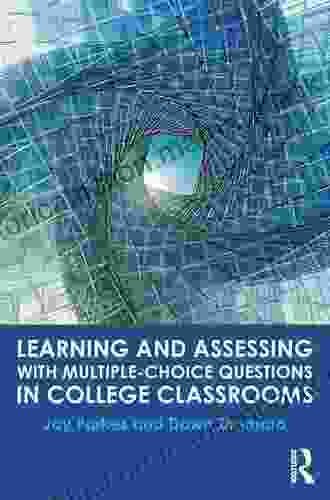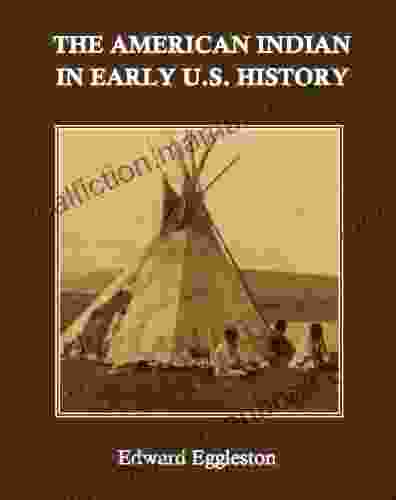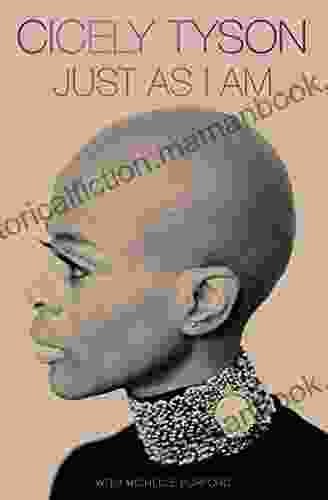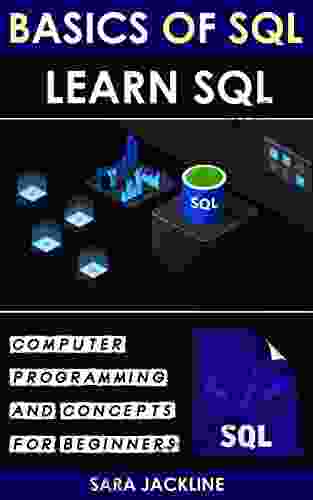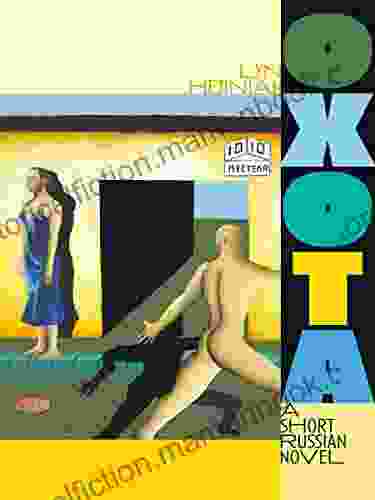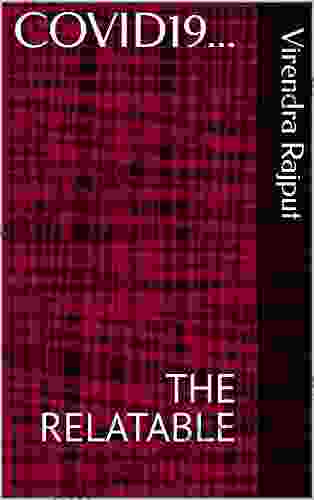Learning and Assessing with Multiple Choice Questions in College Classrooms

5 out of 5
| Language | : | English |
| File size | : | 3322 KB |
| Text-to-Speech | : | Enabled |
| Enhanced typesetting | : | Enabled |
| Word Wise | : | Enabled |
| Print length | : | 143 pages |
| Screen Reader | : | Supported |
Multiple choice questions (MCQs) are a widely used assessment tool in college classrooms. They are relatively easy to administer and score, and they can cover a wide range of content. However, the use of MCQs has also been criticized, with some educators arguing that they encourage students to memorize facts rather than develop critical thinking skills.
This article will explore the benefits and limitations of MCQs, provide guidelines for their design and use, and discuss alternative assessment methods that can complement MCQs.
Benefits of MCQs
MCQs have a number of benefits, including:
- They are easy to administer and score. MCQs can be administered in a variety of ways, including on paper, online, or through a computer-based testing system. They are also relatively easy to score, which can save instructors time.
- They can cover a wide range of content. MCQs can be used to assess a variety of learning outcomes, including knowledge, comprehension, application, and analysis.
- They can be used to provide immediate feedback. MCQs can be used to provide immediate feedback to students, which can help them identify areas where they need additional support.
- They can be used to compare students' performance over time. MCQs can be used to track students' progress over time, which can help instructors identify students who are struggling and provide appropriate support.
Limitations of MCQs
MCQs also have a number of limitations, including:
- They can encourage students to memorize facts rather than develop critical thinking skills. MCQs often focus on lower-level learning outcomes, such as knowledge and comprehension. This can lead students to focus on memorizing facts rather than developing critical thinking skills.
- They can be biased against certain groups of students. MCQs can be biased against students from certain cultural or socioeconomic backgrounds. This is because MCQs often rely on cultural knowledge or assumptions that may not be shared by all students.
- They can be difficult to write well. Writing good MCQs is a challenging task. MCQs should be clear, concise, and unambiguous. They should also be free of bias and should cover a range of learning outcomes.
Guidelines for the Design and Use of MCQs
To maximize the benefits of MCQs and minimize their limitations, it is important to follow some basic guidelines for their design and use.
Design
- MCQs should be clear, concise, and unambiguous. Students should be able to understand what is being asked without any confusion.
- MCQs should be free of bias. MCQs should not favor one group of students over another.
- MCQs should cover a range of learning outcomes. MCQs should not only focus on lower-level learning outcomes, such as knowledge and comprehension. They should also assess higher-level learning outcomes, such as application and analysis.
Use
- MCQs should be used in conjunction with other assessment methods. MCQs should not be the only assessment method used in a college classroom. They should be used in conjunction with other methods, such as essays, projects, and presentations.
- MCQs should be used to provide feedback to students. MCQs can be used to provide immediate feedback to students, which can help them identify areas where they need additional support.
- MCQs should be used to compare students' performance over time. MCQs can be used to track students' progress over time, which can help instructors identify students who are struggling and provide appropriate support.
Alternative Assessment Methods
While MCQs can be a useful assessment tool, they are not the only option. There are a number of alternative assessment methods that can be used to complement MCQs.
Some examples of alternative assessment methods include:
- Essays
- Projects
- Presentations
- Portfolios
- Peer assessment
Each of these methods has its own strengths and weaknesses, and the best method for a particular class will depend on the learning objectives and the students' needs.
MCQs can be a useful assessment tool in college classrooms, but they also have some limitations. It is important to follow some basic guidelines for their design and use to maximize their benefits and minimize their limitations. In addition, MCQs should be used in conjunction with other assessment methods to provide a comprehensive and accurate assessment of student learning.
5 out of 5
| Language | : | English |
| File size | : | 3322 KB |
| Text-to-Speech | : | Enabled |
| Enhanced typesetting | : | Enabled |
| Word Wise | : | Enabled |
| Print length | : | 143 pages |
| Screen Reader | : | Supported |
Do you want to contribute by writing guest posts on this blog?
Please contact us and send us a resume of previous articles that you have written.
 Top Book
Top Book Novel
Novel Fiction
Fiction Nonfiction
Nonfiction Literature
Literature Paperback
Paperback Hardcover
Hardcover E-book
E-book Audiobook
Audiobook Bestseller
Bestseller Classic
Classic Mystery
Mystery Thriller
Thriller Romance
Romance Fantasy
Fantasy Science Fiction
Science Fiction Biography
Biography Memoir
Memoir Autobiography
Autobiography Poetry
Poetry Drama
Drama Historical Fiction
Historical Fiction Self-help
Self-help Young Adult
Young Adult Childrens Books
Childrens Books Graphic Novel
Graphic Novel Anthology
Anthology Series
Series Encyclopedia
Encyclopedia Reference
Reference Guidebook
Guidebook Textbook
Textbook Workbook
Workbook Journal
Journal Diary
Diary Manuscript
Manuscript Folio
Folio Pulp Fiction
Pulp Fiction Short Stories
Short Stories Fairy Tales
Fairy Tales Fables
Fables Mythology
Mythology Philosophy
Philosophy Religion
Religion Spirituality
Spirituality Essays
Essays Critique
Critique Commentary
Commentary Glossary
Glossary Bibliography
Bibliography Index
Index Table of Contents
Table of Contents Preface
Preface Introduction
Introduction Foreword
Foreword Afterword
Afterword Appendices
Appendices Annotations
Annotations Footnotes
Footnotes Epilogue
Epilogue Prologue
Prologue Amy J Walton
Amy J Walton Kaiden Emerald
Kaiden Emerald Karen Ranzi
Karen Ranzi J K Harper
J K Harper Robert J Samuelson
Robert J Samuelson Tess Watt
Tess Watt Charles Martin
Charles Martin Shirley Adams
Shirley Adams Dean Woods
Dean Woods Matthew Felix
Matthew Felix Amit Mishra
Amit Mishra Irvine Stewart
Irvine Stewart Tasha Squires
Tasha Squires Donald Link
Donald Link George W Dowdall
George W Dowdall Kindle Edition
Kindle Edition Mark Bibbins
Mark Bibbins A G Marshall
A G Marshall Francesca Capaldi
Francesca Capaldi Noel Silvia
Noel Silvia
Light bulbAdvertise smarter! Our strategic ad space ensures maximum exposure. Reserve your spot today!
 Dominic SimmonsFollow ·15.1k
Dominic SimmonsFollow ·15.1k Ryūnosuke AkutagawaFollow ·15.7k
Ryūnosuke AkutagawaFollow ·15.7k Theodore MitchellFollow ·10.5k
Theodore MitchellFollow ·10.5k Marc FosterFollow ·3.1k
Marc FosterFollow ·3.1k Brian BellFollow ·10.8k
Brian BellFollow ·10.8k Preston SimmonsFollow ·11.3k
Preston SimmonsFollow ·11.3k Rodney ParkerFollow ·13.6k
Rodney ParkerFollow ·13.6k Douglas PowellFollow ·15.4k
Douglas PowellFollow ·15.4k

 Allen Ginsberg
Allen GinsbergUnlocking Financial Peace with Low Risk Investing: A...
In the world of investing, it is often said...
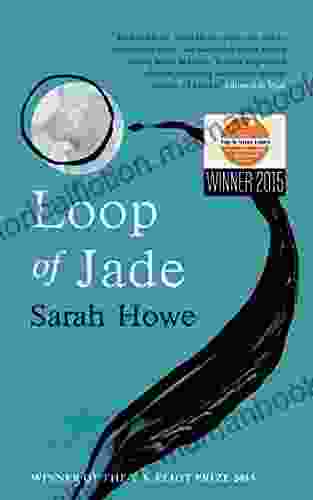
 Eddie Powell
Eddie PowellLoop of Jade: An Exploration of Grief, Memory, and the...
Sarah Howe's...
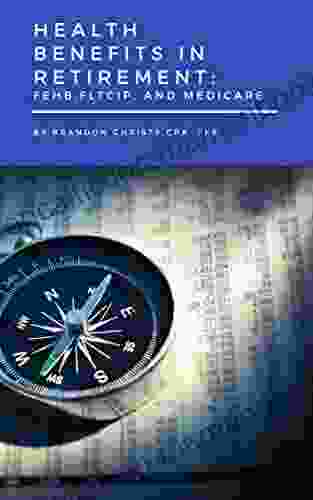
 Zachary Cox
Zachary CoxHealth Benefits in Retirement: Navigating the Maze of...
Retirement...
5 out of 5
| Language | : | English |
| File size | : | 3322 KB |
| Text-to-Speech | : | Enabled |
| Enhanced typesetting | : | Enabled |
| Word Wise | : | Enabled |
| Print length | : | 143 pages |
| Screen Reader | : | Supported |


